Canopy contacted ten renowned sommeliers from restaurants in “The World’s 50 Best” list to find out…
What do you look for in a wine?
‘A wine should make you smile’
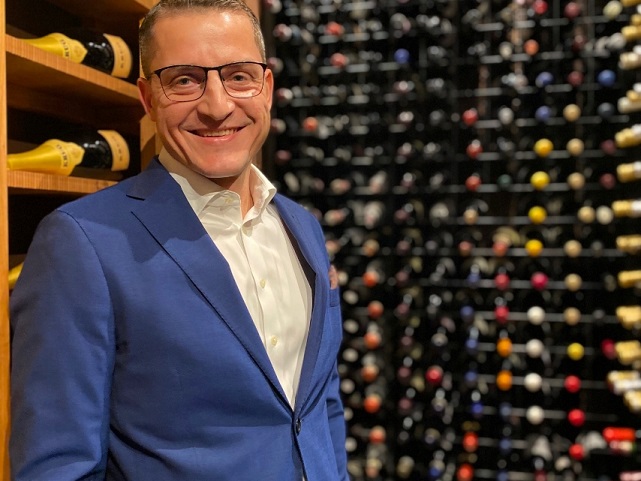
André Bekker
Frantzén, Stockholm, Sweden
“When I buy wine for our restaurant there are many characteristics that I look for, but for me the most important is complexity, balance and length. There are other characteristics like intensity, elegance and typicity that also help me decide.
“For me personally, I always believe that a wine should make you smile. When I’m smiling from the first sniff of the aroma then I usually know that it’s going to be good, and I get quite excited.
“Good quality wines have more complex aromas and flavours. They often have several layers that develop over time which I find intriguing. Higher quality wines have a good balance between acidity, tannins, sweetness, alcohol and fruit concentration. When one of these components dominate or is lacking the wine is not in perfect harmony.
“And then the finish: when the flavours of the wine linger and don’t seem to end, I’m definitely smiling.
“I get a lot of satisfaction from wines from Champagne, Burgundy, Bordeaux and Piedmont. I often find myself drawn to wines from these wine regions. These wines age well which makes them a good investment for the restaurant and myself.”
‘Wines that make you want to meet the person or visit the land’
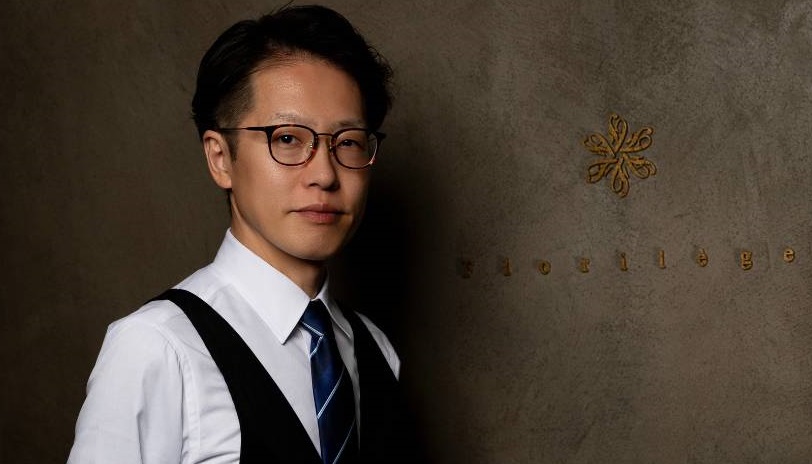
Hironobu Hara
Florilège, Tokyo, Japan
“Wines that make you imagine the producer's face and the landscape. Wines that make you want to meet the person or visit the land.
“I think the wines of Mr Okamoto of Beau Paysage Winery in Hokuto City, Yamanashi Prefecture, are one such example. I was able to visit there for the first time this summer, and it was a good memory for me to be able to drink the wines there.
“The wines he makes are a bit mysterious, there is not much information and not much media exposure, but that is why he is someone who makes you want to meet him in person.”
‘Our concern with climate change influences our choice’
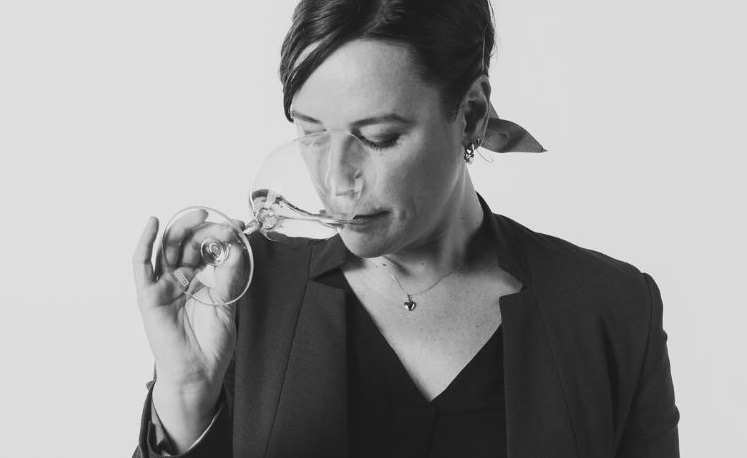
Kristell Monot
Mugaritz, Errenteria, Spain
“First of all, we try to cover the main regions locally speaking, as many of our guests come from abroad and they are used to demanding local wines. As we are situated in a wine region (Basque Country), we take care of offering local names of course, especially those who tend to follow an environmentally friendly philosophy, meaning organic or biodynamic methods, respectful to climate change.
“Then, as far as the rest of Spanish wines are concerned, we look for covering not only iconic names but also newcomers that are making a great and exciting work by recovering abandoned vineyards.
“Obviously, we do complete these local names with international sought-after figures trying to cover the main wine regions from several countries.
“In any case, I would add that our concern with climate change influences our choice by seeking producers whose compromise about that issue is clear and who look for reducing their carbon footprint.
“In terms of organoleptic profile, what we look for in a wine is balance.
“Depending on the region it comes from, we expect it to represent the landscape. We like vibrant acidity, freshness and drinkability for Atlantic influenced climate, but we also expect and appreciate layers of complexity brought by longer ageing on the lees in oak or concrete ovoid tanks which have actually become quite fashionable in Spain in recent years.
“We like representing the main varieties but also keep an eye on lesser-known grapes to remain up-to-date with what’s going on in both the national and international wine industry. A good example is Xarelo produced as a still dry white wine (instead of sparkling). It’s quite interesting to see how complex it can become after some years of ageing.
“Besides, to match our creative liquid universe called ‘Vis-á-Vis Mugaritz’ what we look for in a wine is that it has something unique and unrepeatable. This could be a new blend created together with the producer, or a confidential cuvée not aimed to be launched, an experiment they make with a pre-phylloxera vineyard they have grafted into a particular grape, or it could be the last drops of a historical vintage that is no longer available on the market, or a cuvée made by an ex-member of the team, etc.
“Actually, the R&D approach of ‘Vis-á-Vis Mugaritz’ is based on exploring new paths and offers an infinite number of possibilities. To match our selection it has to be creative and we try to gather different profiles of wine (and other drinks like sake, kombucha, mead, eau-de-vie, etc) to manage a complete collection that offers different profiles. Here, creativity is the main criteria, as important as the proper organoleptic description of the wine.”
‘The priority is good value’
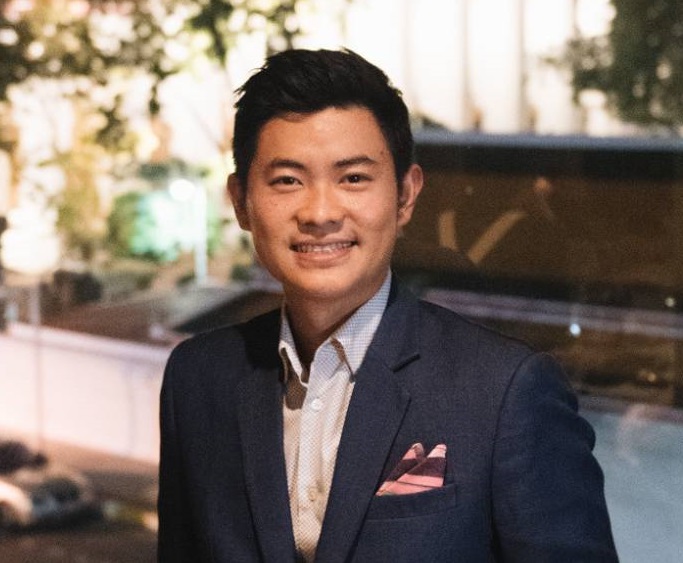
Tam Chaisiri Tassanakajohn
Nusara, Bangkok, Thailand
“For me, the priority is good value but matching the quality of the restaurant. We have a big range of guests visiting who enjoy wines from $100 to $10,000, so we need to have all the range to offer them.”
‘Would people enjoy it or not?’
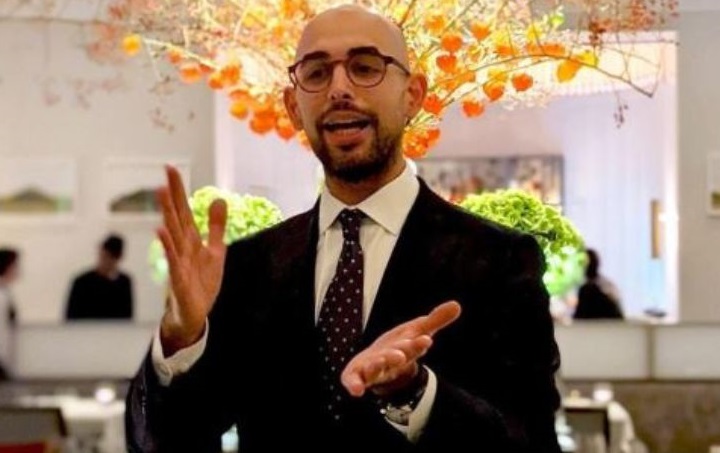
Lorenzo Lentini
Ikoyi, London, England
"What do I look for in a wine?
“Do I like it or not? Would people enjoy it or not? Does the product have a value or not? Will the sommeliers be happy to sell this wine? I could probably carry on, but it all reduces down to an inner feeling which is connected with personal growth and experience.
“A wine list needs to be carefully built and ideally every single bottle chosen for a reason. Though I don't think this is the hardest part. More laborious is to achieve guest satisfaction and speak their language.
“I usually try to explain why acidity and drinkability are important for me, but the last word is spoken by the people that are drinking next to me – guests and friends. I'm also aware that I love some bitterness in my wines which most of the time is not the most sought-after quality, but when it's balanced with fruit, acidity and nice mouthfeel that's the wine I look for. That's probably why I love Chardonnay from Jura and Marsanne-Roussanne blend from the Rhône.”
‘I am more likely to look at smaller producers’
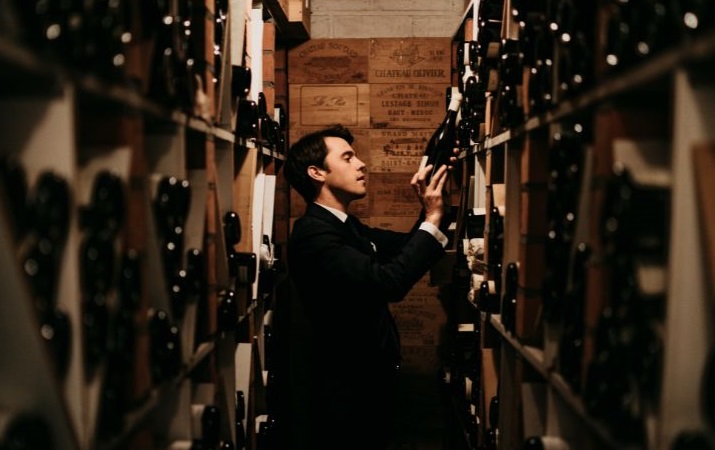
Tom Ieven
Restaurant Colette – De Vijvers, Averbode, Belgium
“As a sommelier, we technically taste if the wine is good and if it is price-quality interesting. When I taste for myself, I find it interesting to taste the pure expression of the grape, where the wine comes from and how the wine is made. The most important thing is the balance. Aroma intensity, alcohol, acids, tannins, structure, texture, length, complexity. When all these factors are nicely balanced in a wine, it makes me happy.
“When I choose wine for the restaurant, it is important that the wine is very qualitatively made. It is also important to me that there is a story behind it. In general, I am more likely to look at smaller producers or domains. Winemakers who control everything themselves often also have better opportunities to intervene when necessary. And things can sometimes move fast in the vineyard or cellar. This is not to say that intervention is always necessary. Or at least not by spraying or the like. I am convinced that handling the wine in a natural way, as in with great respect for nature and without forcing things, is the best way to handle wine. Going to extremes is never good, not even in winemaking. Winemakers who are conscious about what they do and how they make wine get my preference.”
‘I look for wines that have a story’
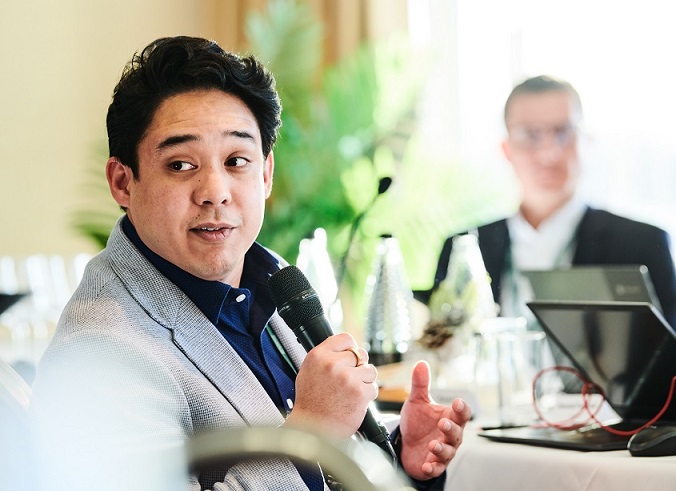
Jhonel Faelnar
Atomix, New York City, USA
“I look for balance, complexity, and overall pleasure and drinkability. This is absolutely hard as everyone has their own personal tastes and palates, but at the end of the day we must trust our own.
“I also look for wines that have a story, from the place the vines were grown to the people that made them. These wines tend to offer something for the imagination and the mind to latch onto, allowing for a more interesting drinking experience.”
‘Respect for the territory’
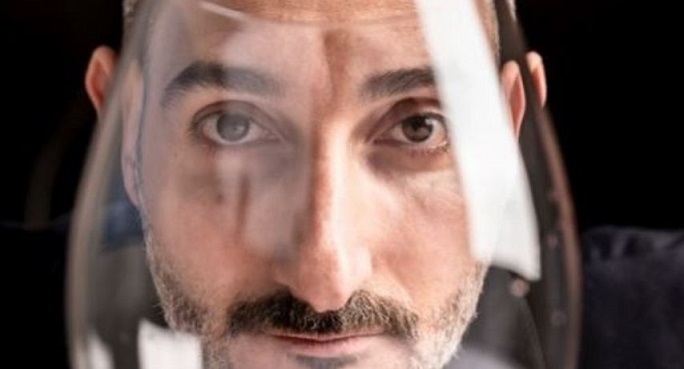
Gianni Sinesi
Reale, Castel di Sangro, Italy
“First, it’s the cleanness of the aromas, then the pleasantness, the drinkability, the recognisability and the respect for the territory. These, for me, are fundamental elements for the choice of a wine.”
‘We look for truth’
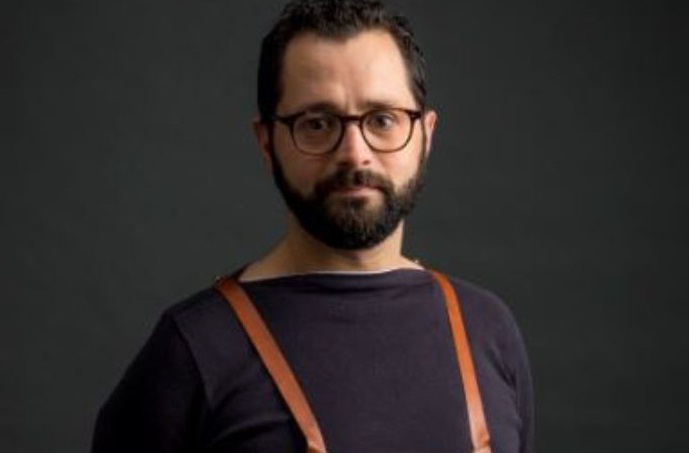
Matteo Bernardi
Le Calandre, Rubano, Italy
“Wine must represent the territory, its culture, its history. Some wines have particular characteristics because they adapt to the cuisine of the area, just think of Nebbiolo and ‘bollito’ (boiled meats) or Lambrusco with salami. It’s exactly like when a chef decides to use an ingredient, he chooses it for the intensity of the flavours and for its quality... It’s the same for wine, we look for quality, balance, truth.”
‘It has to surprise me’
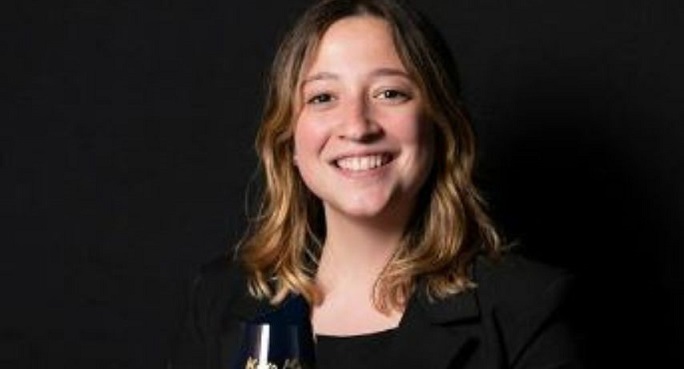
Agnese Morandi
Table by Bruno Verjus, Paris
“I like a wine that gives me emotions, that has a story behind it, where I can feel the terroir or the particular signature of the winemaker.
“It has to surprise me in a way.”
These globally acclaimed sommeliers, from the best restaurants in the world, are part of the judging panel for The World’s Best Sommeliers’ Selection, an exclusive tasting from William Reed, the name behind The World’s 50 Best Restaurants, World’s Best Vineyards and Canopy. Invitations to wine producers are now being sent out for the second annual Sommeliers’ Selection. To apply for an invitation, click here.

 English
English French
French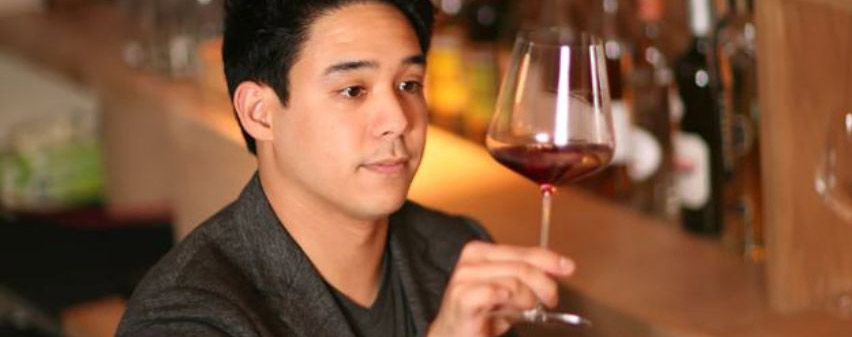







.png)


